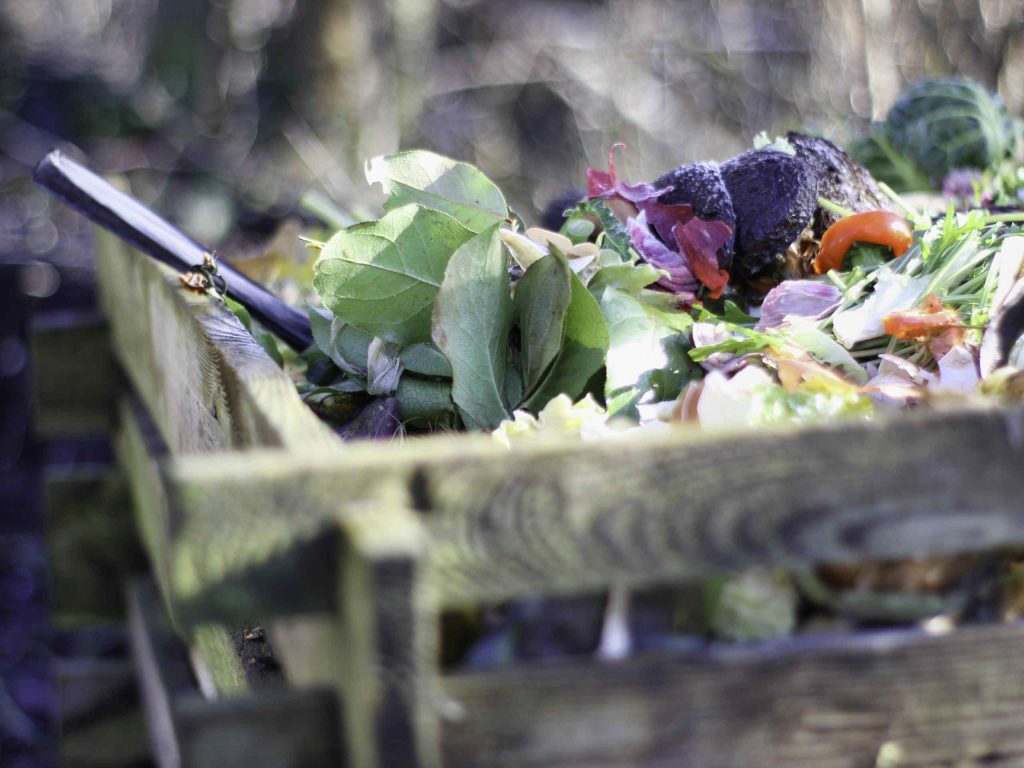Reducing food waste is an important issue in the catering industry. It is worth taking measures to reduce food waste, not only from an environmental perspective, but also from an economic one. Worldwide, one third of food ends up in the bin. In the EU, an estimated 173 kg of food waste is produced per person. Converted to Austria, that’s 143 fully loaded articulated lorries every day. Food waste is a massive problem for the environment. And means the loss of goods that have already been used.
We'll tell you how you can start saving money for a better future:
Lebensmittelabfälle sind in der Gastronomie ein großes Problem. Durch eine bewusste Planung, Lagerung und Verwertung von Lebensmitteln könnt Ihr als Restaurantinhaber oder Koch einen wichtigen Beitrag zur Reduzierung von Abfällen leisten und damit noch dazu Geld sparen.

Jamie Oliver shows how healthy eating doesn’t mean sacrifice, but rather a joy of life. With 120 recipes, 50 practical hacks, and a 2-week kickstarter plan, the book proves that conscious enjoyment, energy, and taste go wonderfully together—uncomplicated, suitable for everyday use, and inspiring.
INFO
Eat Yourself Healthy
Author: Jamie Oliver
Translation: Helmut Ertl
Publisher: DK Verlag
Length: 320 pages
ISBN: 978-3-8310-5230-1
Price: €32.00
The World’s 50 Best Restaurants Awards are making history: for the first time, the prestigious awards ceremony will take place in Abu Dhabi in 2026. What this means for the international gastronomy scene, why the location is a strategically wise choice, and what impetus this will provide for hospitality, fine dining, and global food trends.
When more than 275 star chefs gather at the Mercedes-Benz Museum in Stuttgart, it’s more than just a gala event. It creates a powerhouse of culinary art – concentrated, condensed, highly professional. The ahgz Star Awards 2026, presented during the “Night of Stars,” impressively demonstrated how strongly top-class gastronomy is networked in German-speaking countries – and how willing it is to reflect on itself.


Reducing food waste is an important issue in the catering industry. It is worth taking measures to reduce food waste, not only from an environmental perspective, but also from an economic one. Worldwide, one third of food ends up in the bin. In the EU, an estimated 173 kg of food waste is produced per person. Converted to Austria, that’s 143 fully loaded articulated lorries every day. Food waste is a massive problem for the environment. And means the loss of goods that have already been used.